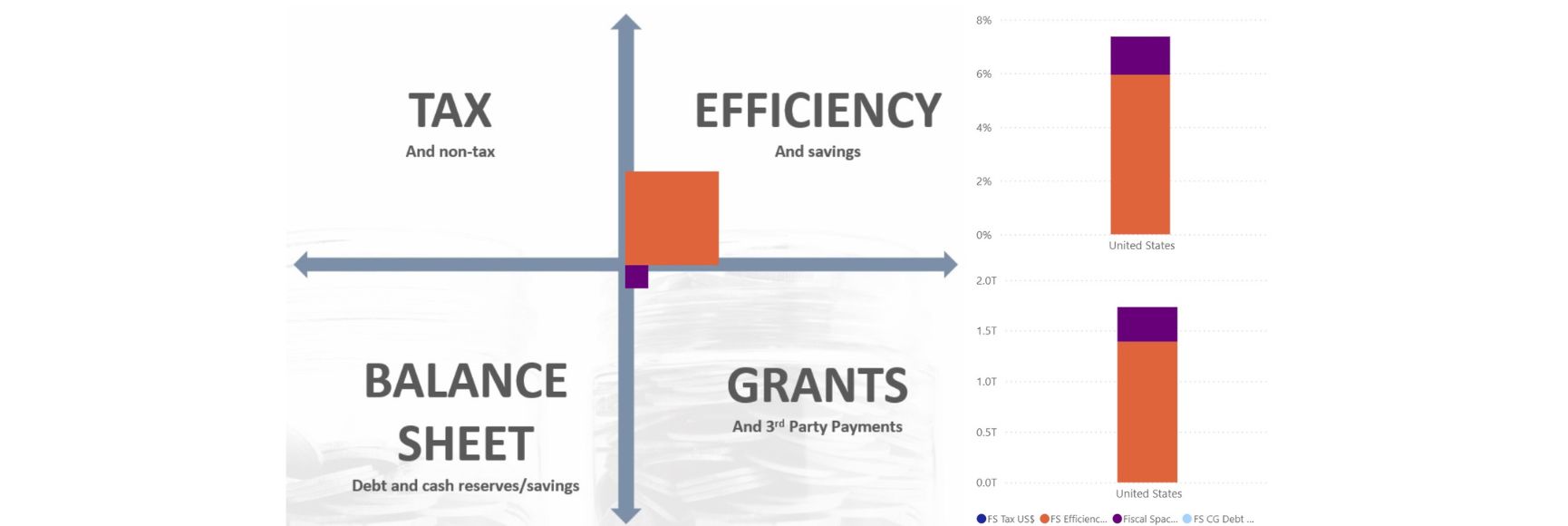Posted by Sanjay Vani
 On July 17, 2008, the World Bank held a seminar to discuss a recent World Bank Independent Evaluation Group (IEG) Report on Public Sector Reforms - What works and Why? It attracted about 50 participants, including from Peru, Columbia, and Ghana.
On July 17, 2008, the World Bank held a seminar to discuss a recent World Bank Independent Evaluation Group (IEG) Report on Public Sector Reforms - What works and Why? It attracted about 50 participants, including from Peru, Columbia, and Ghana.
The IEG is an independent unit within the World Bank; it reports directly to the Bank's Board of Executive Directors. IEG assesses what works, and what does not; how a borrower plans to run and maintain a project; and the lasting contribution of the Bank to a country's overall development. The goals of evaluation are to learn from experience, to provide an objective basis for assessing the results of the Bank's work, and to provide accountability in the achievement of its objectives. It also improves Bank work by identifying and disseminating the lessons learned from experience and by framing recommendations drawn from evaluation findings
Background
The World Bank has devoted an increasing share of its lending and advisory support to the reform of central governments, so it is important to understand what is working, what needs improvement, and what is missing. IEG has examined lending and other kinds of Bank support in 1999-2006 for public sector reform (PSR) in four areas: public financial management, administrative and civil service, revenue administration, and anticorruption and transparency.
The public sector is the largest spender and employer in virtually every developing country, and it sets the policy environment for the rest of the economy. About one-sixth of World Bank projects in recent years have supported public sector reform, because the quality of the public sector— accountability, effectiveness and efficiency in service delivery, transparency and so forth — is thought by many to contribute to development. Improving the efficiency of government counterparts is also essential for the effectiveness of the Bank's support for development.
Report Findings
Although a majority of countries that borrowed to support public sector reform experienced improved performance in some dimensions, there were shortcomings in important areas and in overall coordination.
- The frequency of improvement was higher among IBRD (middle-income) borrowers than among IDA (low-income) borrowers.
- Performance usually improved for public financial management, tax administration, and transparency, but did not usually with respect to civil service.
- Direct measures to reduce corruption— such as anticorruption laws and commissions— rarely succeeded.
Report Recommendations
- Design PSR projects and allocate Bank resources to them with recognition that PSR has especially complex political and sequencing issues.
- In country PSR strategies, set priorities for anticorruption efforts based on assessments of which types of corruption are most harmful to poverty reduction and growth.
- Strengthen the civil service and administrative components of PSR, providing them with a better framework and indicator set, and give more attention to the budget execution phases of financial management.
- Design PSR projects and allocate Bank resources to them with recognition that PSR has especially complex political and sequencing issues. Be realistic about the time it takes to get significant results, understand the political context, identify prerequisites to achieve the objectives, and focus first on the basic reforms that a country needs in its initial situation. Reconsider the balance between development policy and investment lending; and institutional change usually needs the sustained support of investment projects, although development policy lending can help secure the enabling policy changes.
- In country PSR strategies, set priorities for anticorruption efforts based on assessments of which types of corruption are most harmful to poverty reduction and growth. Only when the country has both strong political will and an adequate judiciary system should the Bank put primary emphasis on support for anticorruption laws and commissions. Given that reducing corruption will be a long-term effort, the Bank should emphasize two things: building country systems that reduce the opportunities for corruption that is most costly to development and making information public in ways that stimulate popular demand for more efficient and less corrupt service delivery. The country team needs operational clarification about how the Bank's anticorruption efforts fit within the overall country strategy.
- Strengthen the civil service and administrative components of PSR, providing them with a better framework and indicator set, and give more attention to the budget execution phases of financial management. This will require PEFA-like actionable indicators for civil service and administrative performance and more linkage between the implementation of reforms for civil service and for financial management.
A background paper was prepared for this evaluation, which dealt with PFM reforms. This is attached.
Download psr_pfm.pdf





